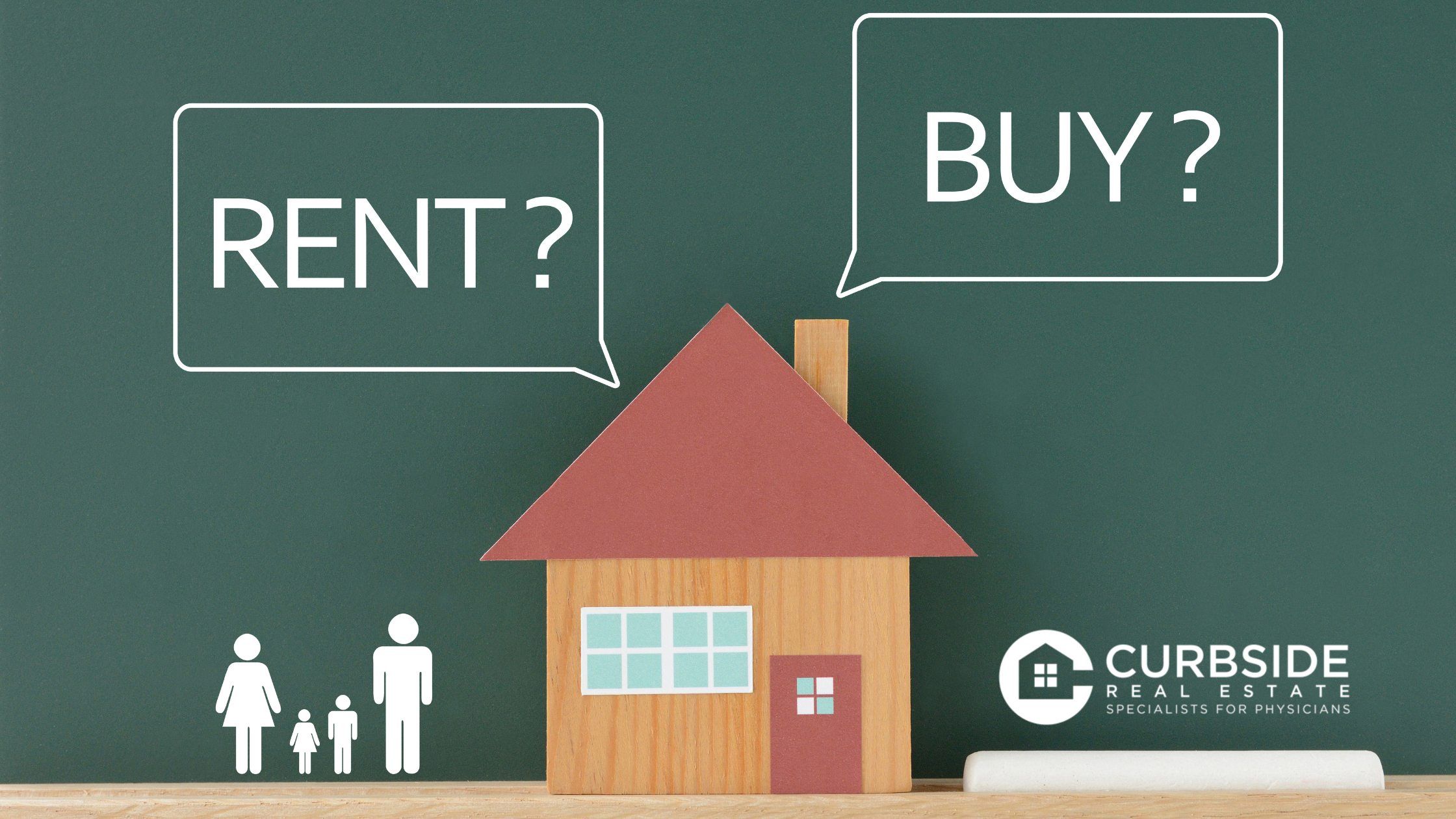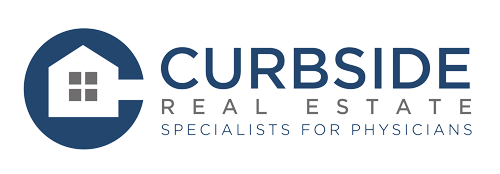Buying vs. Renting: A Guide for Healthcare Pros

The decision between buying and renting a home is a significant one for anyone, but it carries additional weight for healthcare professionals. With factors like physician home loans, career mobility, and physician relocation to consider, the choice isn’t always straightforward. This blog examines the pros and cons of both options to help medical professionals make an informed decision.
The Pros of Buying a Home
- Long-Term Investment: Buying a home can be a sound investment. Over time, you can build equity, and historically, real estate tends to appreciate in value.
- Stability and Control: Owning your home provides a sense of stability and permanence. You have the freedom to customize your space without restrictions typically imposed by a landlord.
- Physician Home Loans: Many lenders offer physician home loans with attractive terms, such as lower down payments and exemptions from Private Mortgage Insurance (PMI), making it easier for medical professionals to buy homes.
The Cons of Buying a Home
- Upfront Costs: The initial costs of buying a home, including the down payment, closing costs, and other fees, can be substantial.
- Maintenance Responsibilities: Homeownership comes with the responsibility of maintenance and repairs, which can be time-consuming and costly.
- Less Flexibility: Selling a home can be a lengthy process, which might be a drawback for professionals who might need to relocate frequently.
The Pros of Renting a Home
- Flexibility: Renting offers more flexibility. It’s easier to move at the end of a lease term, which can be advantageous for healthcare professionals who might face unexpected physician relocation.
- Lower Short-Term Costs: Generally, renting requires lower upfront costs than buying. There’s no need to worry about expenses like property taxes, homeowners insurance, or maintenance.
- Convenience: For busy medical professionals, the convenience of having a landlord handle most maintenance and repairs can be a significant relief.
The Cons of Renting a Home
- No Equity Building: While renting, you’re not building equity in a property, and your monthly payments are not contributing to an investment.
- Variable Costs: Rent can increase over time, and you’re subject to the terms set by landlords, which can change with each lease renewal.
- Less Personalization: As a renter, there are typically limitations to how much you can personalize or modify the property.
Making the Right Choice
The decision to buy or rent depends on individual circumstances, including your career stage, financial situation, and personal preferences. Consider speaking with a financial advisor to evaluate your options.
Curbside Consultation
At Curbside Real Estate, we specialize in assisting healthcare professionals with their housing needs, whether that involves navigating home loans for doctors or finding the perfect rental property. For personalized advice tailored to your unique situation, schedule a Curbside Consult with us. If you’re short on time, our quick consult form can connect you with the resources you need.
Schedule a Curbside Consult | Complete the Consult Form
For additional insights into the current real estate market and trends, visit the National Association of Realtors website.
This blog post is for informational purposes only and should not be taken as financial or real estate advice. Always consult with a professional for advice tailored to your specific situation.
